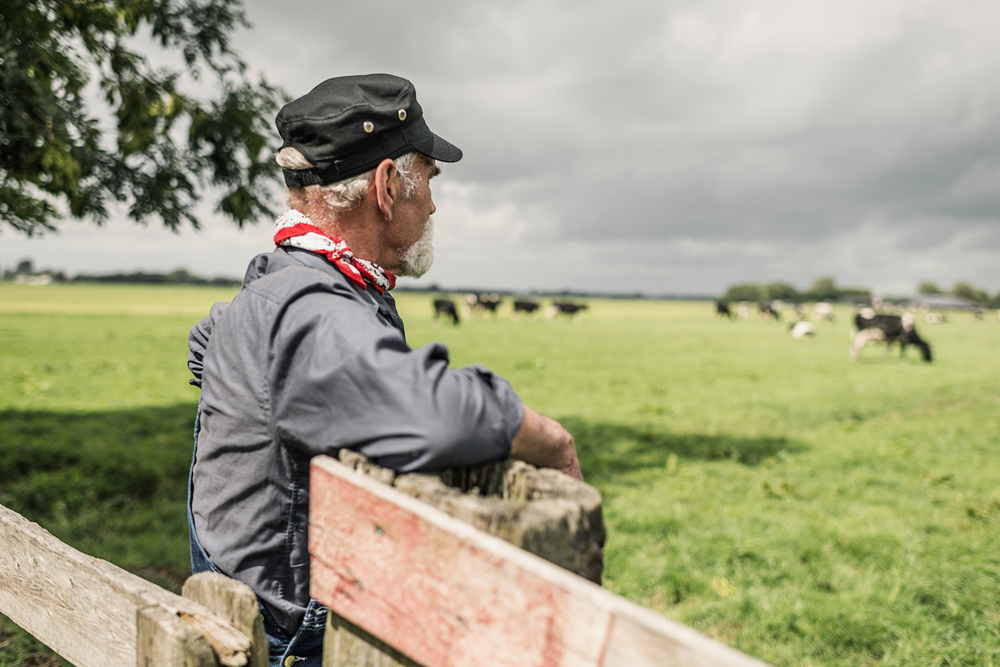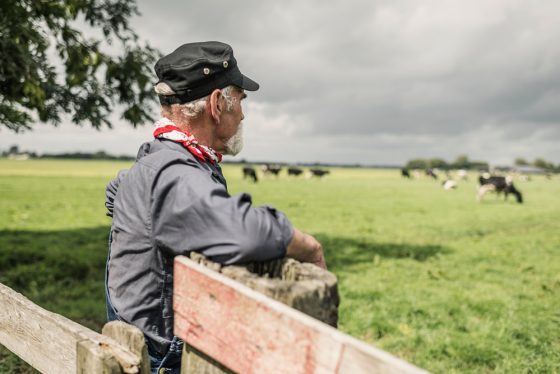It’s sink or swim for farmers if soil subsidence isn’t curbed: report


Soil subsidence underneath peat meadows which has been caused by excessive water use in intensive farming is posing a danger to water quality, government advisory group RLI has warned.
In a report presented to the home affairs and agriculture ministries on Thursday, the monitoring body for the living environment and infrastructure said it is no longer an option to allow the soil to subside further. Instead, the government must set limits in the worst affected areas to avoid spiralling water management costs, and infrastructural and environmental damage.
The soil underneath peat meadows is currently sinking by about eight milimetres on average each year.
Ongoing oxidation caused by lower water levels not only lowers the amount of organic compost in the soil but releases CO2. The Dutch government has pledged to bring back emission to 95% of the amount released in 1990 by 2050 and the effect of continuing soil subsidence is not going to help, the RLI said.
The report recommends the government take more measures to up water levels by aiming for a reduction of subsidence by 50% by 2030 and 70% by 2050.
This will impact on farmers, the RLI said, because the land will become more soggy. They will, however, have to adapt their practices, for instance by farming less intensively, reducing their herds or growing different crops. To do this they should be helped by the state, both financially and with expertise, the report said.
In a reaction, farmers’s organisation LTO told the Financieele Dagblad that the measures would mean farmers would have to foot the bill.
The organisation admitted that soil subsidence has to stop but warned that this would mean some areas would become unfit for farming and ‘going back to the swamp’. ‘That is not the right path. Better a cow in a meadow than a mosquito in a swamp’, an LTO spokesperson said.
Thank you for donating to DutchNews.nl.
We could not provide the Dutch News service, and keep it free of charge, without the generous support of our readers. Your donations allow us to report on issues you tell us matter, and provide you with a summary of the most important Dutch news each day.
Make a donation